
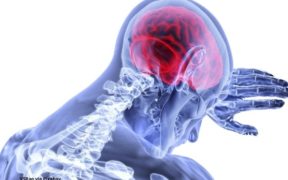
Brain changes in people with Alzheimer’s disease and in those with mild traumatic brain injuries (TBIs) have significant similarities, a new USC study shows, suggesting
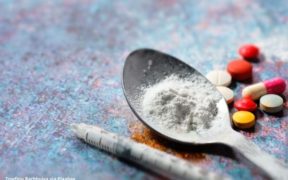
A major hurdle to developing new and effective treatments for drug addiction is better understanding how exactly it manifests itself before, during, and after chronic
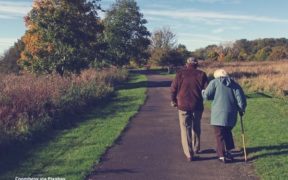
Researchers at Albert Einstein College of Medicine have designed an experimental drug that reversed key symptoms of Alzheimer’s disease in mice. The drug works by
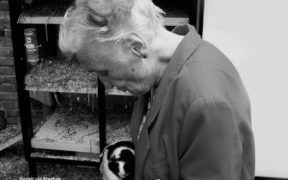
The age-standardized death rate of Australians with dementia fell during the first 10 months of 2020, probably as a result of measures designed to prevent
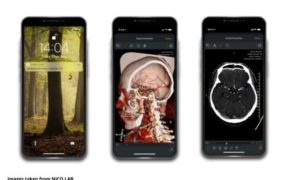
NICO.LAB and AI Advance announced a new partnership that will revolutionise stroke care across Australia and New Zealand. AI Advance will be distributing StrokeViewer, an
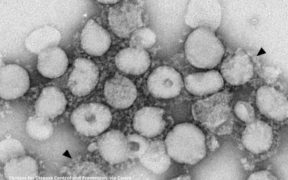
Drawing on epidemiological field studies and the FrenchCOVID hospital cohort coordinated by Inserm, teams from the Institut Pasteur, the CNRS and the Vaccine Research Institute

Children with weakened immune systems have not shown a higher risk of developing severe COVID-19 infection despite commonly displaying symptoms, a new study suggests. During

Wildfire smoke can trigger a host of respiratory and cardiovascular symptoms, ranging from runny nose and cough to a potentially life-threatening heart attack or stroke.

For the first time, a study has shown a clear link between the frequency and duration of unconscious wakefulness during night-time sleep and an increased
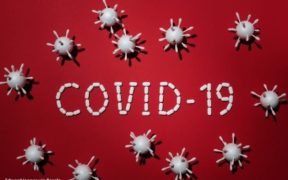
SARS-CoV-2, the virus that causes COVID-19, likely does not directly infect the brain but can still inflict significant neurological damage, according to a new study
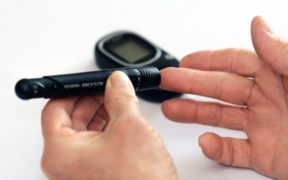
The World Health Organization’s new Global Diabetes Compact aims to bring a much-needed boost to efforts to prevent diabetes and bring treatment to all who